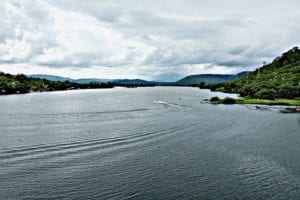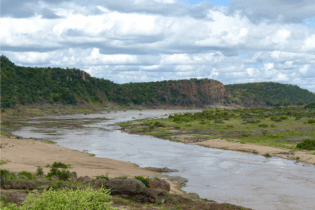The governments of Ghana and Togo signed a memorandum of understanding (MoU) for the construction of a pipeline to deliver drinking water to 4 million people.
The pipeline, which is supported by the African Water Facility (AWF), will bring water from the lower Volta River in Ghana to the city of Lomé in Togo and the Ghanaian communities along the water transfer route. The AWF has offered a €1.4 million (approximately R19 Million) grant to Ghana to support the technical, legal and financial preparation of the Public-Private Partnership (PPP) project. In addition to AWF support, the African Legal Support Facility (ALSF) is providing a € 0.7 million grant to help prepare the project. The signing of the MoU in Lomé has paved the way for the launch of the project development studies, including a feasibility study as well as a social and environmental impact assessment, and the provision of a transaction advisory service. “The signing of the MoU marks the beginning of the realisation of an idea hatched in the 1970s to provide sustainable drinking water from Sogakope in Ghana to the residents of Lomé as well as the Ghanaian communities along the transboundary pipeline” said AWF coordinator Akissa Bahri.More than 4 million people in Togo and Ghana will benefit from access to improved drinking water when the preparation studies are completed and the project is executed.
The AWF and ALSF grant will pave the way for the mobilisation of € 100 million from the private sector for the water supply infrastructure investments under a Public-Private Partnership arrangement. The Ghana Water Company Ltd will act as the Executing Agency of the project. Togo’s groundwater supply sources for the city of Lomé and surrounding communities are on the verge of depletion due to overexploitation and their quality is deteriorating. Ghana’s huge lower Volta River, emptying into the Gulf of Guinea, has ample source of fresh water to augment Togo’s scarce surface water sources.






